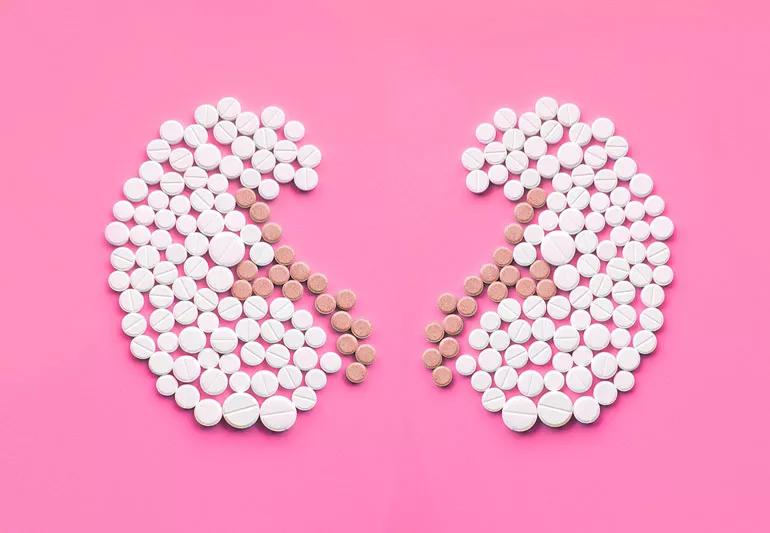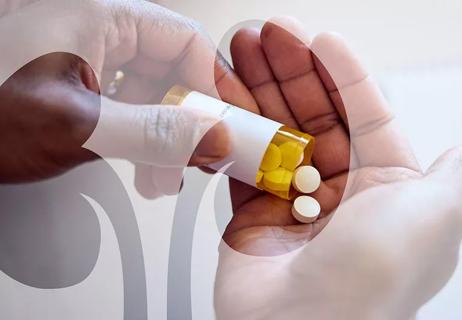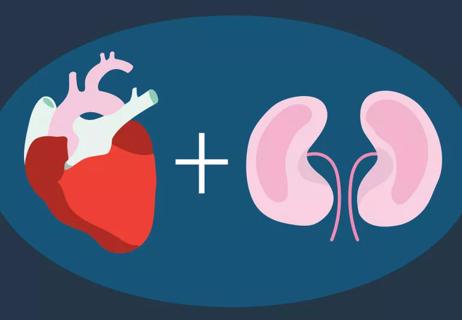Learn which drugs and supplements can damage your kidneys

Unless you’ve had problems in the past, you probably take for granted that your kidneys are working as they should. But 1 in 5 men and 1 in 4 women in the United States are estimated to have chronic kidney disease, and most people who have it don’t know it.
Advertisement
Cleveland Clinic is a non-profit academic medical center. Advertising on our site helps support our mission. We do not endorse non-Cleveland Clinic products or services. Policy
Even more alarmingly, over-the-counter medicines, common prescriptions and nutritional supplements can have serious effects on kidney function. You are at higher risk if your kidneys aren’t completely healthy to begin with, says nephrologist Robert Heyka, MD.
Only your doctor can perform the tests to determine whether your kidneys are healthy. However, there are certain health problems that make a person more likely to develop kidney disease.
If you have one of these health conditions, or if you or your family has a history of kidney problems, it’s important to have your kidneys checked once a year:
But even if you don’t have any risk factors, a yearly check-up with blood pressure check, lab and urine tests is the only way to get a clear picture of your kidney function, says Dr. Heyka.
The following drugs and supplements can affect kidney function:
NSAIDs are very effective medications for multiple medical problems. But taking NSAIDS can affect the kidneys, and can cause damage, especially if you’re also taking diuretics (“water pills”) or ACE inhibitors.
NSAIDS include over-the-counter painkillers like aspirin (Ascriptin®, Bayer® and Ecotrin®), ibuprofen (Advil® and Motrin®), and naproxen (Aleve®).
Advertisement
They also include prescription drugs like:
Using these medications with caffeine can further harm your kidneys. When taking these medications, be sure to check regularly with your doctor if you have impaired kidney function.
Certain antibiotics are removed from the body through the kidneys, so taking them can put extra strain on your kidneys. Penicillin, cephalosporins and sulfonamides in particular can be harmful to your kidneys.
Long-term antibiotic use can injure your kidneys, even if you’re otherwise healthy. And for people whose kidneys aren’t functioning at 100% to begin with, antibiotics can build up in the body and cause damage.
Despite this, it’s important to keep in mind that antibiotics can be safely used if needed as long as the dose is adjusted for your body’s level of kidney function.
Certain herbs or nutritional supplements are associated with kidney injury, even among healthy people. With such a wide variety of supplements available, the best way to know if a supplement is safe is to ask your doctor to review all the ingredients.
Dietary supplements aren’t regulated by the Food and Drug Administration as drugs, but as food. Since all ingredients may not be listed on the label and they can interfere with the prescription medications you’re taking, consult your doctor before taking dietary supplements.
Researchers have reviewed 17 dietary supplements that have been associated with direct kidney injury, though in a very limited numbers of cases.
Of note, researchers found that patients often don’t tell their doctors about the dietary supplements they are taking. Doing this could put you at risk for injury and drug interactions.
If you already have diminished kidney function or are at risk for kidney disease, it’s best not to take dietary supplements or vitamin doses above the Recommended Daily Allowance (RDA).
Most people with kidney disease don’t have any symptoms until they’re very sick. So unless your doctor has tested your kidney function, you can’t be sure that you don’t have kidney problems.
A few simple tests will tell your doctor how well your kidneys are working. They will:
Advertisement
Even slightly higher than normal blood pressure or cholesterol increases your risk for kidney disease, stresses Dr. Heyka. So keep your blood pressure, cholesterol and weight in check, as well as your blood sugar if you have diabetes. And, as always, make sure you tell your doctor about every vitamin, herbal remedy and nutritional supplement you take.
Advertisement
Learn more about our editorial process.
Advertisement

Too much protein can be taxing on the kidneys

Another good reason to fight weight gain

Expect some new prescriptions, as well as recommendations to avoid some medications

What's good for one is good for the other

From medications and stress to PCOS and STIs, there’s a wide range of reasons Aunt Flo may overstay her welcome

Most recommended precautions center around minimizing bruising or swelling

Even one drink can have an impact on your cognitive function leading to slurred speech, blurred vision and impaired memory

Type 2 diabetes isn’t inevitable with these dietary changes

Applying a hot or cold compress can help with pain